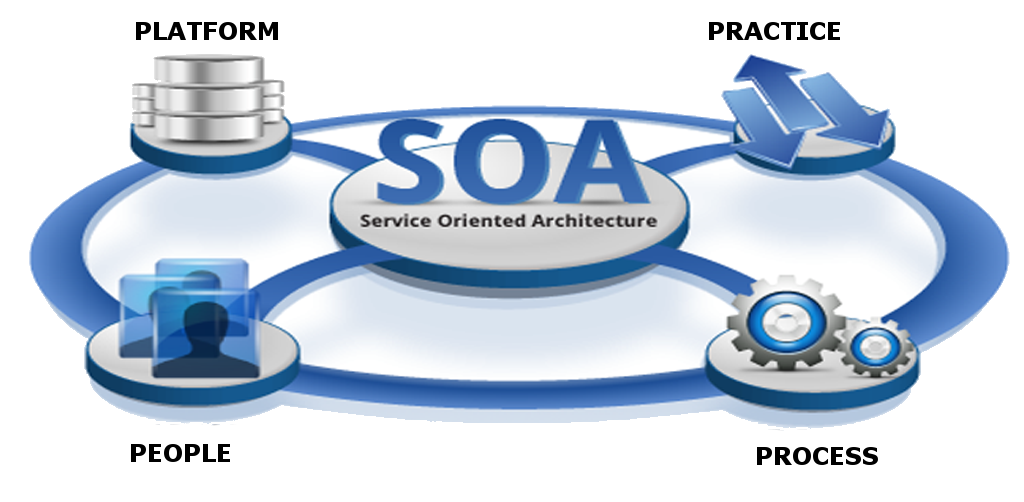
General Contractors
A general contractor is a professional who manages and oversees construction projects. They are responsible for coordinating all aspects of a construction project, including the management of vendors and trades, communication with involved parties, and ensuring safety on the job site. General contractors may work on a variety of construction projects, ranging from residential buildings to large-scale commercial or industrial developments. They may also specialize in a particular area of construction, such as green building or historic restoration. To become a general contractor, individuals typically need to have a background in construction or a related field, as well as experience managing construction projects. Many general contractors also hold licenses and certifications to demonstrate their expertise and compliance with local and state regulations.
Civil Contractors
Civil contractors specialize in large-scale construction projects such as bridges, highways, airports, and water treatment facilities. They are responsible for designing, building, and maintaining infrastructure that protects the environment and ensures safety. Civil contractors use advanced mathematical principles and engineering techniques to plan and execute complex projects, often collaborating with architects, engineers, and other specialists. To become a civil contractor, individuals typically need a bachelor’s degree in civil engineering or a related field, as well as experience working on construction sites. Civil contractors must be skilled in project management, communication, and problem-solving to ensure that projects are completed on time, within budget, and to the highest quality standards.


Landscape Contractors
Landscape contractors specialize in designing, building, and maintaining outdoor spaces such as gardens, parks, and landscapes for residential and commercial properties. They offer services such as landscape design, installation of hardscapes and softscapes, irrigation systems, and maintenance. Landscape contractors work closely with clients to understand their needs and preferences and create a customized plan that enhances the property’s functionality, aesthetics, and value. They use various tools and equipment, such as excavators, tractors, and mowers, to complete the project on time and within budget. Landscape contractors must have a good understanding of horticulture, design, construction, and maintenance principles, as well as local building codes and regulations. They may also collaborate with architects, engineers, and other professionals to ensure that the project meets the required standards and specifications. Hiring a reputable and experienced landscape contractor can help property owners achieve their desired outdoor space while saving time and resources.
Home Builders
Home builders are professionals who specialize in constructing new homes for individuals and families. They are responsible for overseeing the entire building process, from the initial planning and design phases to the final construction and finishing touches. Home builders often work with architects, engineers, and interior designers to create custom homes that meet their clients’ needs and preferences. They must also adhere to local building codes, zoning regulations, and other legal requirements.


Electrical Contractors
Electrical contractors are professionals who specialize in installing, maintaining, and repairing electrical systems for residential, commercial, and industrial buildings. They are responsible for ensuring that electrical systems are safe, efficient, and compliant with local building codes and regulations.
Mechanical Contractors
Mechanical contractors specialize in installing, maintaining, and repairing mechanical systems in buildings, such as heating, ventilation, air conditioning (HVAC), plumbing, and fire protection systems. They work with architects, engineers, and construction teams to design, build, and maintain these systems in compliance with building codes and safety regulations. Mechanical contractors may also provide energy efficiency assessments and recommendations to help building owners reduce energy costs and improve sustainability. Their services are essential for ensuring the comfort, safety, and functionality of commercial and residential buildings, as well as industrial facilities.


HVAC Contractors
HVAC (Heating, Ventilation, and Air Conditioning) contractors specialize in installing, maintaining, and repairing HVAC systems for residential, commercial, and industrial buildings. They work with various HVAC components, including air conditioning units, heating systems, ductwork, air filtration systems, and thermostats. HVAC contractors must adhere to safety regulations, building codes, and environmental standards. They may offer services such as system design, installation, maintenance, repair, and replacement. HVAC contractors must have a strong understanding of HVAC principles, electrical systems, and refrigeration. They must also have excellent communication, problem-solving, and time-management skills. HVAC contractors may work for HVAC companies, construction firms, or government agencies, and they may be self-employed.
Architects & Engineering
Architectural engineering, also known as building engineering, is a discipline that deals with the engineering and construction of buildings, such as environmental, structural, mechanical, electrical, computational, embeddable, and other research domains. It is related to Architecture, Mechatronics Engineering, Computer Engineering, Aerospace Engineering, and Civil Engineering, but distinguished from Interior Design and Architectural Design as an art and science of designing infrastructure through these various engineering disciplines, from which properly align with many related surrounding engineering advancements. Architectural engineers are at the forefront of addressing several major challenges of the 21st century, such as reducing greenhouse gas emissions and constructing resilient buildings, by applying the latest scientific knowledge and technologies to the design of buildings.


Project Based Businesses
Project-based businesses are organizations that deliver products and services through projects. These businesses operate by managing a series of projects, each with a defined scope, timeline, and budget. Project-based businesses typically have a matrix organizational structure, where resources are assigned to projects based on their skills and availability. The success of project-based businesses depends on their ability to manage projects effectively, from initiation to closure.
IT Services
IT Services refer to the various technical support, consulting, and software development services provided by companies to help businesses manage and optimize their information technology (IT) infrastructure. IT services can include a wide range of offerings, such as cloud computing, data center management, cybersecurity, software development, and helpdesk support. The goal of IT services is to help businesses improve their IT operations, reduce costs, and increase efficiency. IT services can be delivered on-premises, in the cloud, or through a hybrid model, depending on the specific needs of the business. IT services providers typically offer a variety of service level agreements (SLAs) to ensure that they meet the specific needs of their clients in terms of uptime, response time, and other performance metrics. The global IT services market is expected to grow significantly in the coming years, driven by the increasing adoption of cloud computing, the growing demand for cybersecurity services, and the need for businesses to digitally transform their operations.


Cybersecurity Services
Cybersecurity services encompass a range of solutions designed to protect computer systems, networks, and data from unauthorized access, theft, damage, or disruption. These services can include vulnerability assessments, penetration
testing, security monitoring, incident response, and training and awareness programs. Cybersecurity services help organizations mitigate the risk of data breaches, safeguard sensitive information, and ensure compliance with industry
regulations and standards. By partnering with a trusted cybersecurity services provider, organizations can stay ahead of emerging threats and maintain the confidentiality, integrity, and availability of their critical assets.
Service-Oriented Enterprises
A service-oriented enterprise is a business model where the organization’s primary focus is on delivering value to customers through services rather than products. In a service-oriented enterprise, services are designed, developed, and delivered in a systematic and standardized way, with the goal of providing a consistent and high-quality customer experience.


Manufacturing
Manufacturing is the process of converting raw materials into finished goods using machinery, equipment, and labor. It is a critical component of the global economy, contributing significantly to economic growth, job creation, and innovation. Manufacturing can be categorized into various sectors, including automotive, aerospace, electronics, pharmaceuticals, and food and beverage, among others.
